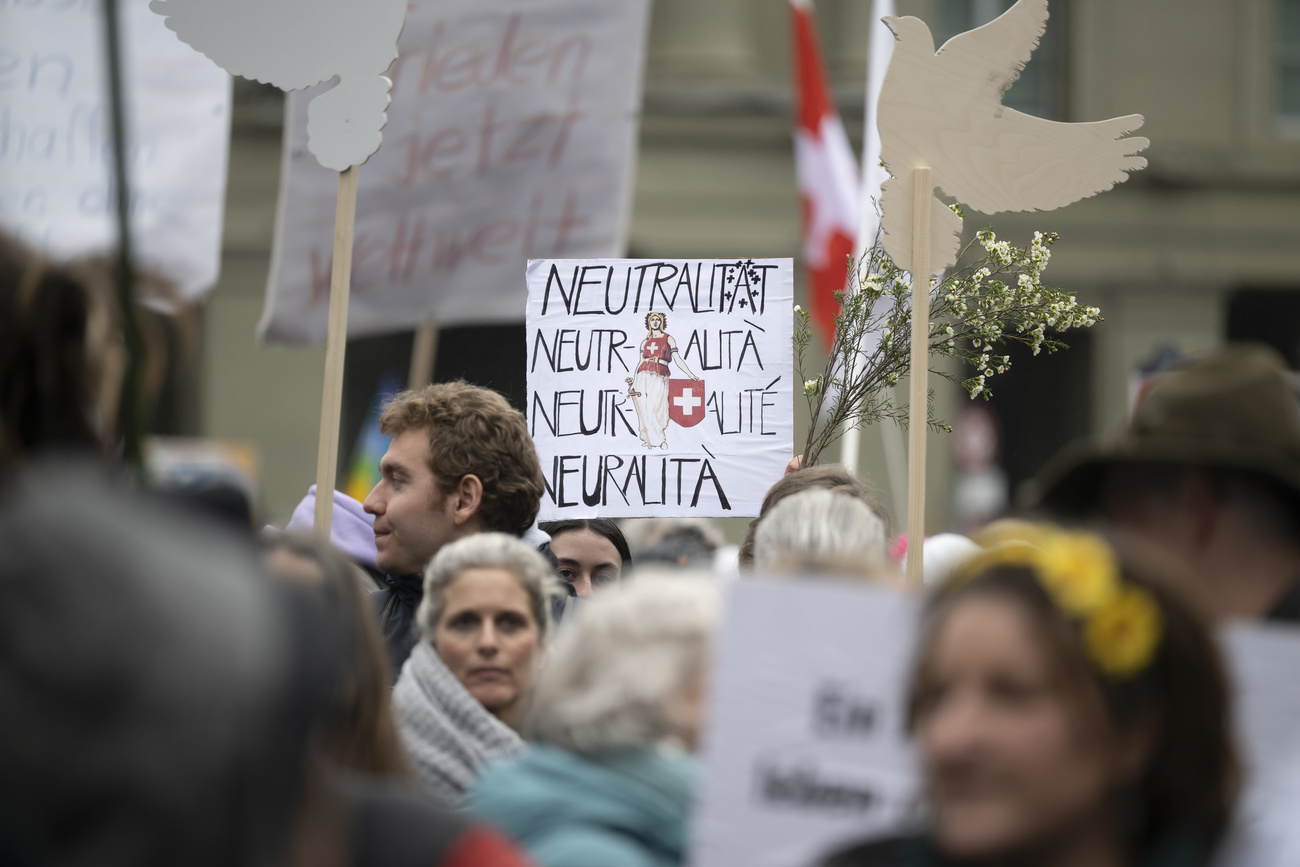Swiss universities research new forms of democracy through citizen council

From November, the Universities of Zurich and Geneva will experiment with new forms of democracy through a ‘Citizen Council 2025’ project.
The aim is to investigate what such a council can contribute to the debate and solving of social challenges.
The University of Zurich (UZH), the University of Geneva (UNIGE) and the Centre for Democracy Studies in Aarau (ZDA) announced on Tuesday that Switzerland was facing urgent and sometimes deadlocked political challenges. A press release said that a national citizen council was a “promising format” for respectful debate over a controversial or politically deadlocked topic.
According to the organisers, topics were therefore pre-selected in collaboration with political parties. The citizen council, made up of 100 randomly drawn residents from across Switzerland, will discuss the topic favoured by the majority, in Aarau.
+Why university rankings are being given poor grades
Participants may debate energy supply security, the financing of old-age pensions, Swiss neutrality, rising healthcare costs, or the relationship between Switzerland and Europe.
Council should represent Swiss population
“We are not pursuing a substantive or political agenda, we are interested in scientifically studying the format of a citizen council in Switzerland,” Professor Dr Daniel Kübler, co-initiator of the project at UZH, is quoted as saying in the press release.
“We are interested in how an informed cross-section of the population position themselves on concrete political solutions.”
+Our stories on direct democracy
The national citizen council project will take place from November 2024 to March 2025 and is aimed at reflecting the diversity of the Swiss population as far as possible, as well as ensuring the involvement of people with very different opinions.
Become a democracy pro in four weeks – sign up now!
Translated from German by DeepL/kp/amva
This news story has been written and carefully fact-checked by an external editorial team. At SWI swissinfo.ch we select the most relevant news for an international audience and use automatic translation tools such as DeepL to translate it into English. Providing you with automatically translated news gives us the time to write more in-depth articles.
If you want to know more about how we work, have a look here, and if you have feedback on this news story please write to english@swissinfo.ch.

In compliance with the JTI standards
More: SWI swissinfo.ch certified by the Journalism Trust Initiative
You can find an overview of ongoing debates with our journalists here. Please join us!
If you want to start a conversation about a topic raised in this article or want to report factual errors, email us at english@swissinfo.ch.